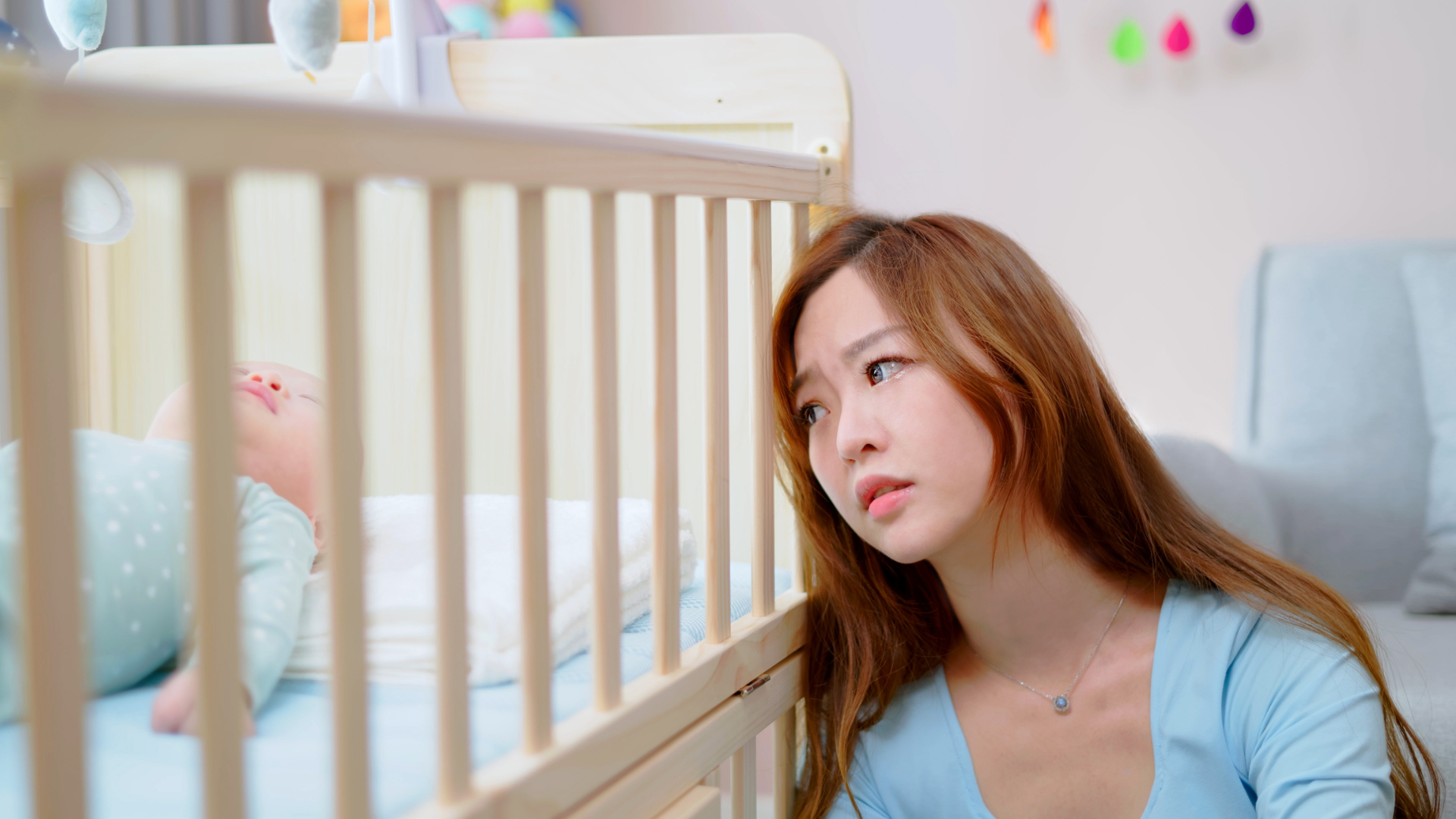
04 Sep How to Cope With Postpartum Depression
The World Health Organization noted that 10% to 13% of women around the world who has just given birth experience mental health problems, including depression.
Postpartum depression is considered to be a common yet serious medical condition. It happens after women has given birth to their child.
Some of its symptoms include:
- Feeling sad or overwhelmed
- Thoughts of self-harm or harming the baby
- No energy or motivation
- Changes in sleeping patterns
- Feeling anxious or depressed
- Having chronic aches
How to Cope With Postpartum Depression?
Identifying the symptoms of postpartum depression is the first step in addressing it. There are also things you can do by yourself to combat the symptoms of what is called as “baby blues.”
1. Have me time
With the birth of your newborn, you can be preoccupied with breastfeeding and attending to their needs. However, you have your own needs to take care of too.
Reach out for help and ask for the support of your loved ones during this challenging time. Find any activity that will help you feel like yourself again. You can take a walk, have a spa day, watch a movie, or do some exercise at the gym.
2. Breastfeed your baby
Breastfeeding offers several benefits not just to babies, but also to their mothers.
A study published in 2012 discussed that women who breastfeed their infants reduce their risk of postpartum depression. The protection against the condition extends four months after the delivery.
3. Surround yourself with loved ones
Loved ones can be a strong support system during this time. They can check your needs and can be the ones to care for your child if you need a break.
Do I Need to See a Doctor?
You might need to see a doctor if you are having suicidal thoughts and thinking of harming yourself and your baby.
You might need professional help if:
- Symptoms not fading after weeks and getting worse
- Difficulty completing tasks
- Having trouble caring for your infant
Talk to your doctor about ways to manage your postpartum depression if you feel that you cannot do it by yourself.
SOURCE:
https://www.mayoclinic.org/diseases-conditions/postpartum-depression/symptoms-causes/syc-20376617
https://www.healthline.com/health/depression/how-to-deal-with-postpartum-depression
https://pubmed.ncbi.nlm.nih.gov/22978082/
https://www.healthline.com/health/depression/postpartum-depression#symtpoms



